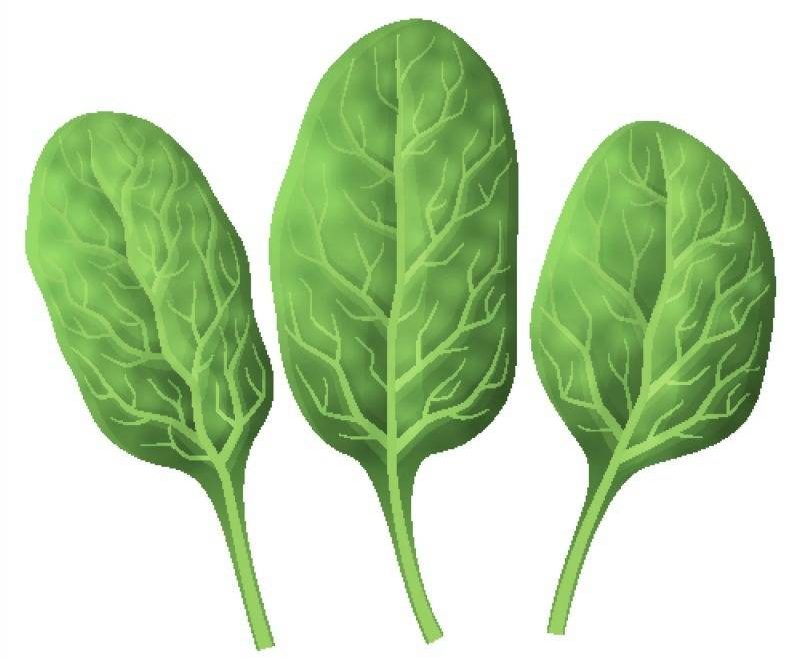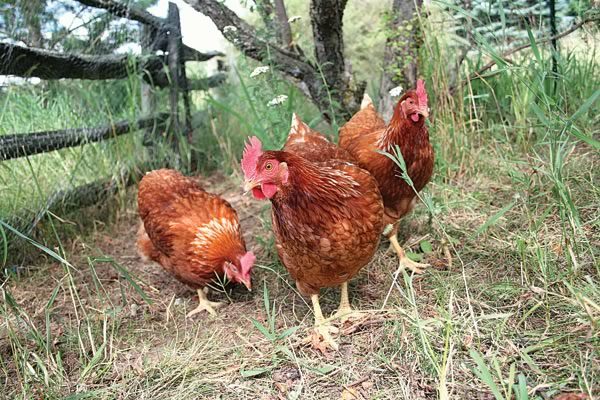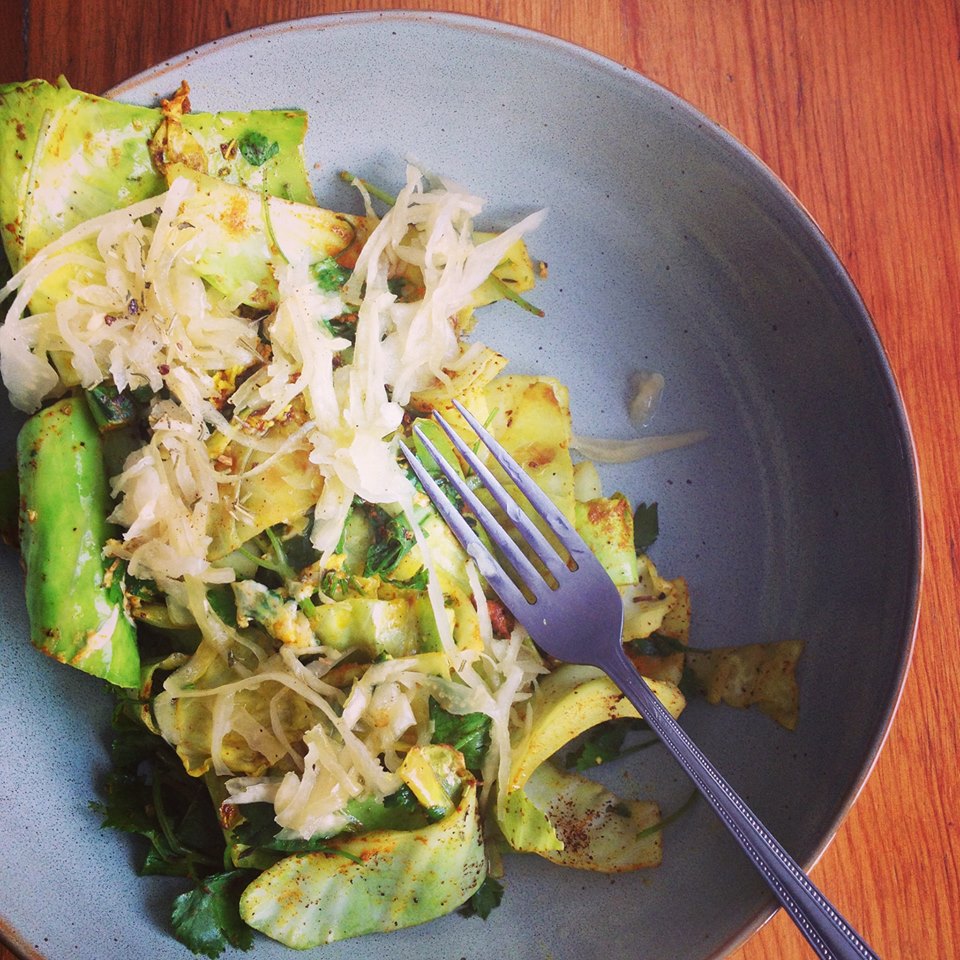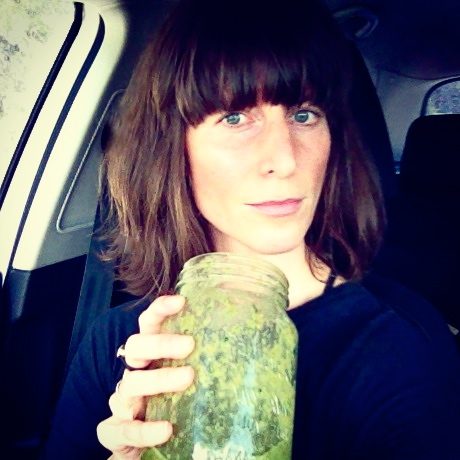If it was up to them, chickens would forage for grass and seeds, and supplement their diet with hearty portions of insects and earthworms. They would choose to wonder happily in the dirt and sunlight.
Pasturing is the traditional method of raising egg-laying hens. It’s ecologically sustainable, humane and produces the tastiest, most nutritious eggs.
However, the U.S. Department of Agriculture’s labeling can be misleading. For example,”free-range” and “free-roaming” often means producers simply have to demonstrate that their birds have access to the outdoors. Regulations do not state how much space the flock must be given, or require that the chickens have access to a pasture diet. Chickens love fresh grass, shade from the hot sun and space to peck and stretch. If the outdoor access area doesn’t meet their needs, they will simply stay inside their coops.
Due to these labeling loopholes go and visit your Local Farmers’ Market to source out healthy eggs. This way you can talk directly to the farmer; ask questions. A lot of times farmer’s will be open to you visiting them and you can see the happy chickens for yourself.
Pastured chickens offer more nutrient dense eggs. Studies show they are significantly higher in:
- Vitamin A, D + E
- Omega – 3 fatty acids
- Beta – carotene
Eggs should also contain vitamin K2, with the amount varying substantially according to the hen’s diet. Pastured chickens will surely have higher levels due to their naturally wild and omnivorous diet. Plus, guess where the A, D, K2, beta-carotene + omega-3 fatty acids are found? In the yolk of course.
Eggs offer an excellent source of protein and healthy fats (even in the rich and creamy yolk). When eaten in their entirety, they are a complete whole food with extensive versatility and really great taste.






How To Promote Fracture Healing w. Food, Herbs+Spices - Jennifer Keirstead
[…] hydroxyapatite crystals. High doses of these minerals are found in: fresh figs, sesame seeds, free-to-range eggs, leafy greens + those seaweeds mentioned […]